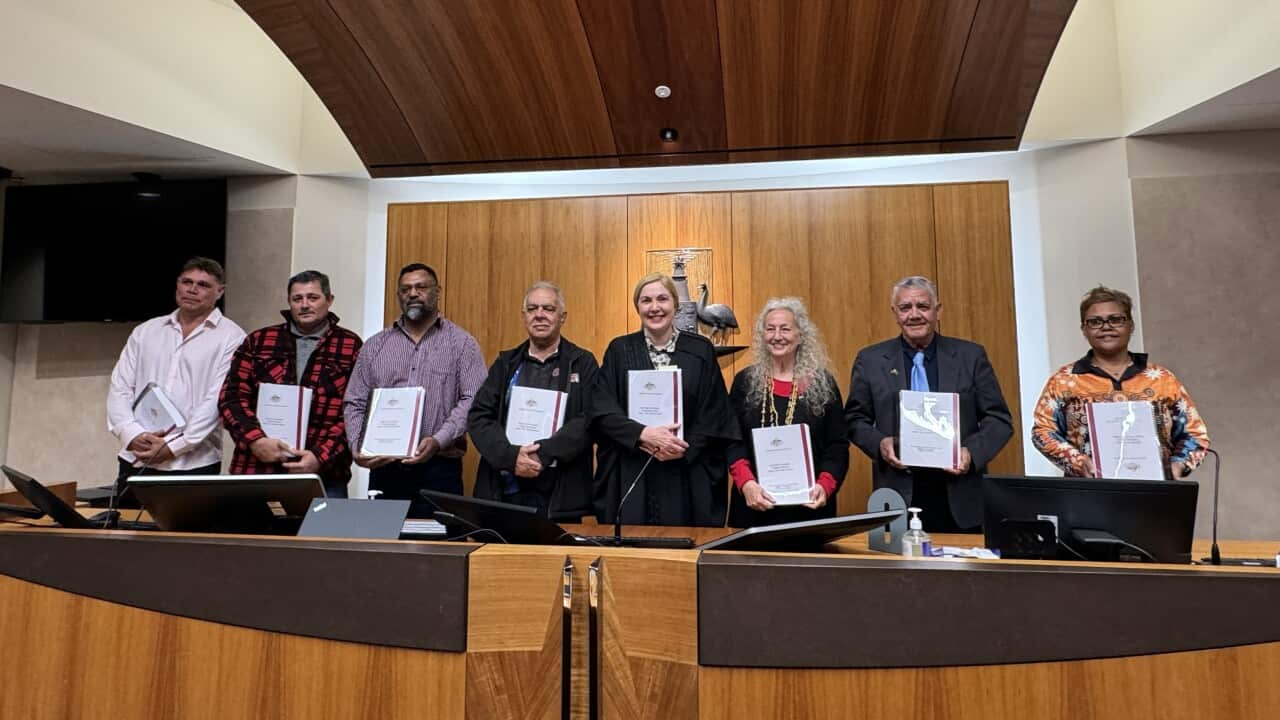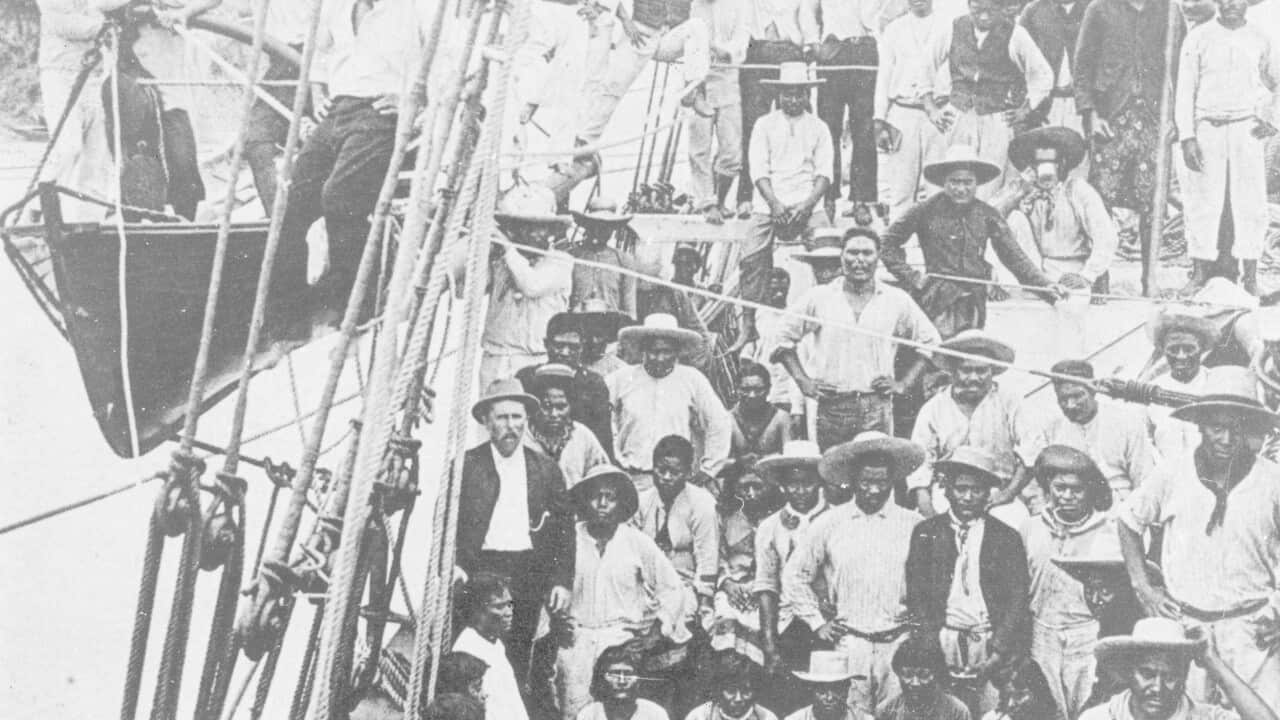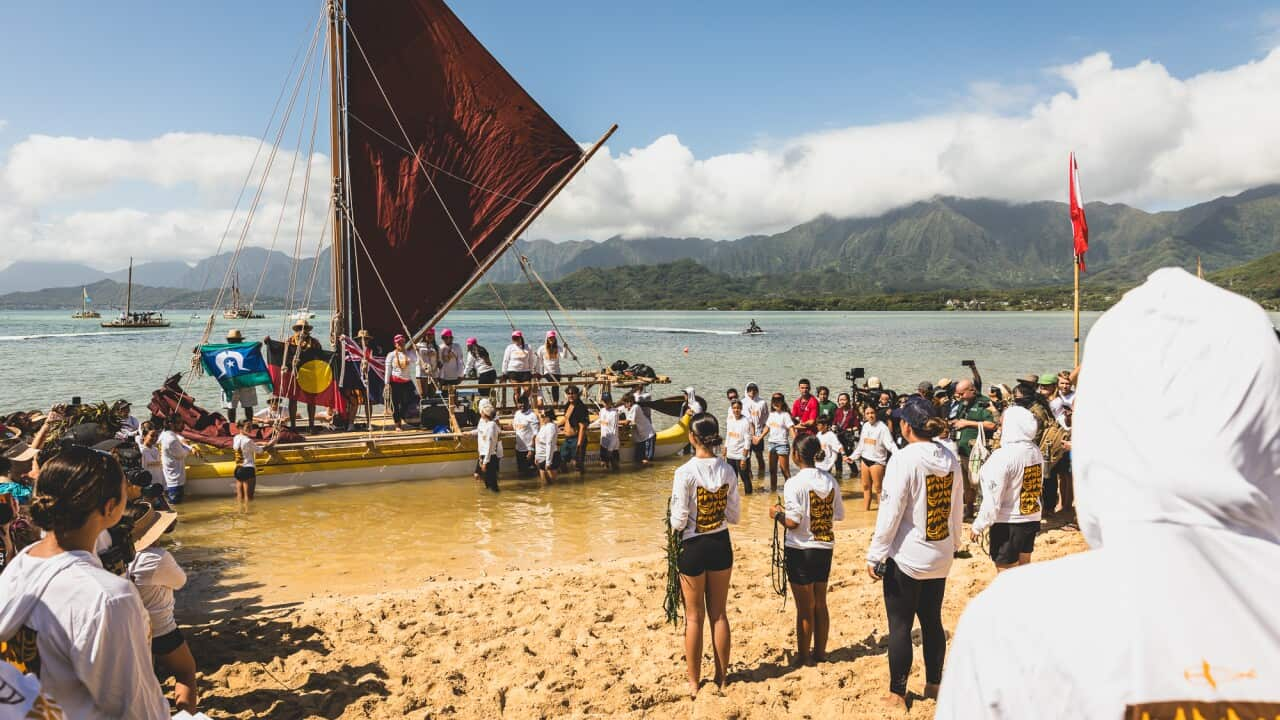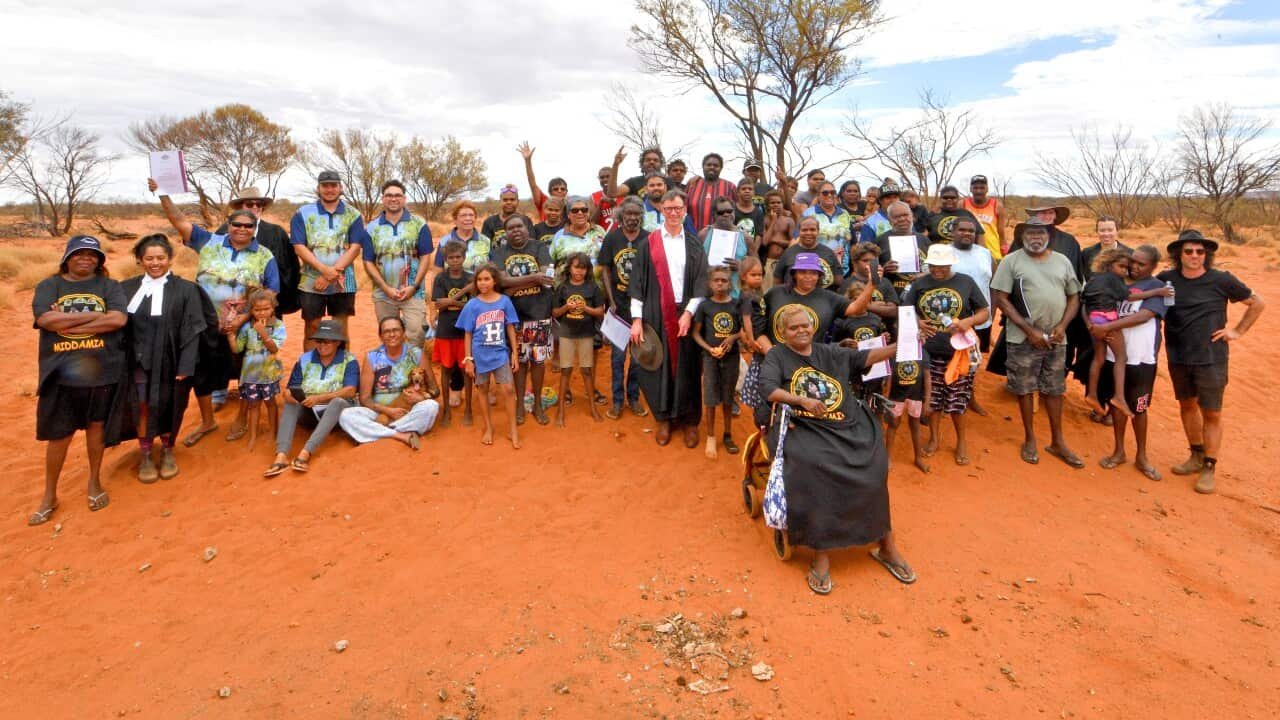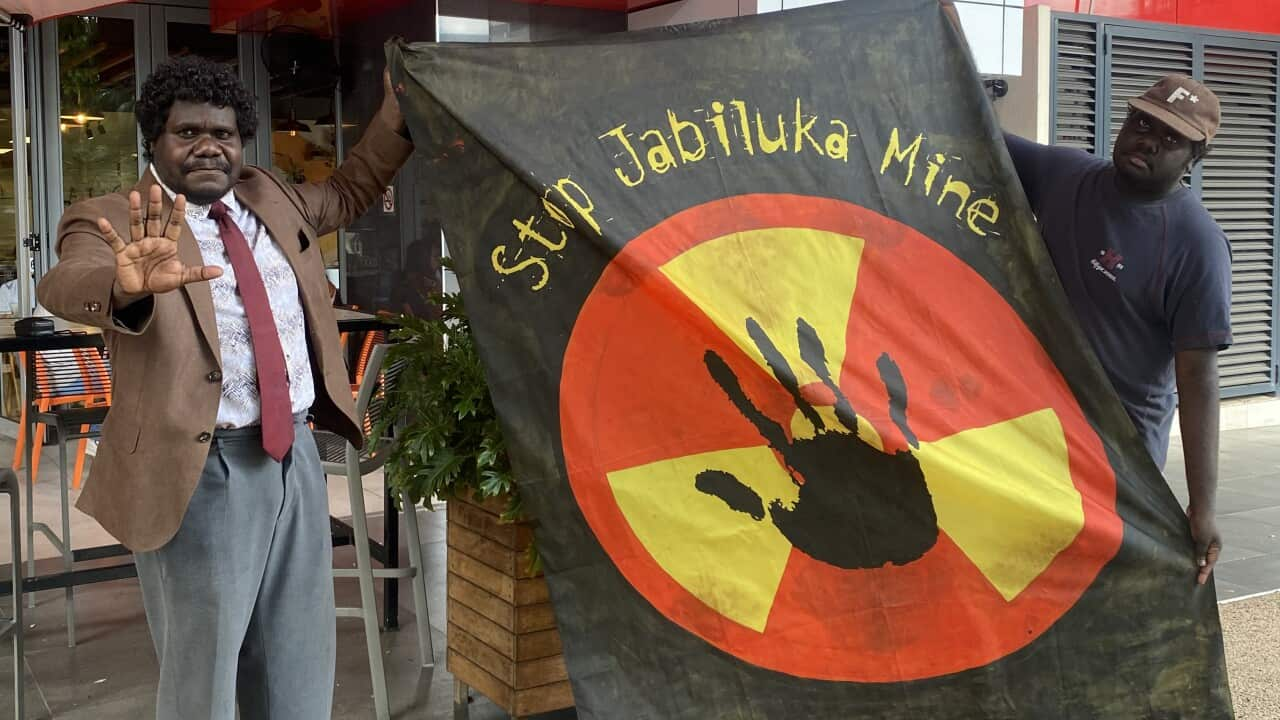It's a bittersweet victory for Traditional Owners whose native title rights over more than 300,000 hectares of land in southeast Queensland have been recognised in the Federal Court.
The Kabi Kabi Traditional Owners' non-exclusive rights to an area of 10,280 square kilometres along the Sunshine Coast were recognised in Brisbane on Monday.
The recognition spans Gympie, Noosa, the Glasshouse Mountains, Maroochydore, Caloundra, Bribie Island and Mudjimba Island.
The native title claim was first lodged in 2013.
Kabi Kabi Traditional Owner Tyrone Bean told NITV News that he hopes this win can leave a legacy for generations to come.
"This is for our people, for our future old people coming through. And we'll never take away from that, and that will always be a driving force for us to continue to be present in where we are and what we're doing, and continue looking after country, always put our people first," he said.
Kabi Kabi Elder Uncle Alex Davidson said that the journey of recognising his peoples Native Title rights wasn't an easy one.
"We’ve had to fight for it. We faced a lot of different sort of things in our journey... a lot of racism where they didn't believe that we were the Traditional Owners," Mr Davidson told NITV.
Kabi Kabi man Brian Warner said while the decision was cause for celebration, there was also sadness as the long process meant some Elders who started the battle had died while waiting for an outcome.
"There's elation, but there's also sorrow and sadness," he said.
Many of the people who started this journey aren't with us here today.
In handing down her decision Justice Berna Collier said Kabi Kabi people "have and always have had native title rights and interests in this country".
The determination is the first on the east coast to recognise native title in a heavily urbanised area.
It's also the first time the right to take resources from the area has been recognised in southeast Queensland; previously the right to take resources had been limited to personal, communal and non-commercial purposes.
Kabi Kabi Elder Michael Douglas said this would mean the right to access the resources his ancestors had been using for thousands of years.
"That gives us our rights to go back and utilise, for our people to take timber ... to make boomerangs or spears," he said.
"All that stuff is in our hand and we can proudly walk away today, and we have been empowered."
Mr Warner said the right to take resources from the land was also a way of caring for country.
"Our people have a sustainable way of life and living," he said.
"It's not about the over-demand or over-supply of resources, it's about protecting those resources."
There are three parts to the Kabi Kabi native title claim - Monday's decision applies only to part A, with parts B and C yet to be determined.
Tim Wishart, chief executive of Queensland South Native Title Services, which assisted Kabi Kabi people with their claim, said the decision was an acknowledgment of the rights of traditional owners.
"Kabi Kabi people have a right to move about on the land, to camp on the land, to build temporary structures, to teach their kids, to take some resources, to hunt, fish," he said.
"Rights that coexist with the rights that every other Australian has."
Kabi Kabi woman Helena Gulash said she hoped the decision would mean a strong foundation for future generations.
"It's been very hard for us to afford to live on our land, and it still will be, but we want to make sure for our younger generations that there's a really bright future ahead of them," she said.
"So they will be able to live, work, camp on country, raise their families on Kabi Kabi country."
